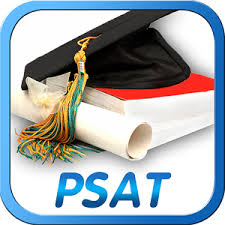Today’s Guest Post is from Shaan Patel, found of 2400 Expert
 This is perhaps the most common question we get asked at 2400 Expert. Parents always want to know when the “best” time to take the SAT is. First, let’s discuss what your high school counselor will probably tell your child. Traditionally, counselors advise students to take the SAT during spring of their junior year. This advice is based on the fact that most juniors have taken algebra II by the end of their junior year. Because algebra II is the highest level of mathematics tested on the SAT, counselors tell students to wait until they have completed this subject in school before attempting to take the SAT. On the surface, this reasoning seems logical. However, this advice also goes against my belief that high school classes don’t prepare students for the SAT. In fact, students really don’t need to have taken a class in algebra II to take the SAT. Although there are some basic algebra II concepts, it is not necessary to go through an entire algebra II course. Instead, we teach students the few algebra II concepts they need to know for the exam in the 2400 Expert SAT prep course.
This is perhaps the most common question we get asked at 2400 Expert. Parents always want to know when the “best” time to take the SAT is. First, let’s discuss what your high school counselor will probably tell your child. Traditionally, counselors advise students to take the SAT during spring of their junior year. This advice is based on the fact that most juniors have taken algebra II by the end of their junior year. Because algebra II is the highest level of mathematics tested on the SAT, counselors tell students to wait until they have completed this subject in school before attempting to take the SAT. On the surface, this reasoning seems logical. However, this advice also goes against my belief that high school classes don’t prepare students for the SAT. In fact, students really don’t need to have taken a class in algebra II to take the SAT. Although there are some basic algebra II concepts, it is not necessary to go through an entire algebra II course. Instead, we teach students the few algebra II concepts they need to know for the exam in the 2400 Expert SAT prep course.
Spring of junior year is actually one of the least ideal times to take the SAT. This is one of the busiest times of your child’s high school career. If your child is taking AP classes, he or she will have to study for multiple AP exams that occur in May. I also advise students to take SAT Subject exams that correspond with their AP exams during this time of year. For example, if your child is already studying for the U.S. History AP Exam in May, then he or she should also take the U.S. History SAT Subject exam in May or June. In addition to AP exams and SAT Subject exams, your child also needs to study for finals in high school during this time. There are also many social events during this time of year (i.e. junior prom). On top of all of this, high school counselors are recommending that students take the SAT exam. Does this make much sense? No. I don’t think many people realize the amount of time and work it takes to score high on the SAT. While some students are able to balance all of this adeptly, I would not recommend spring of junior year as the ideal time to take the SAT.
My advice on when to take the SAT is not one you will probably like: it depends. When your child decides to take the SAT depends on his or her high school schedule. Your child should select a time in high school that he or she is not obscenely busy. This means, select an SAT test date that your child will be relatively free a couple months before to dedicate time to studying for the SAT. Your child can take the SAT anytime in her high school career and it will count (if she takes the SAT before 9th grade, it will not count towards college admissions – essentially, it’s like “practice”). This means your child can select any SAT test date between October of her freshmen year and January of her senior year. Although many students are most “free” during the summer, the SAT is not administered during the summer months. However, your child can study over the summer and take the first SAT administered in October if that works for her. If your child does decide to take the SAT during spring of her junior year, make sure she is studying for specifically for the SAT in March/April so that she is adequately prepared for the May or June exam.
For younger students, I actually think it’s ideal to start preparing for the SAT early. This is primarily because of the PSAT. The benefits of scoring high on the PSAT and qualifying for National Merit are tremendous (i.e. hundreds of thousands of dollars in college scholarships). And if your child is looking to become a National Merit Semifinalist/Finalist, then she needs to start preparing for the SAT prior to her junior year of high school. Unfortunately, many parents don’t realize this fact and their child misses out on this big opportunity.
Now if your child is an exceptionally young student (i.e. 7th or 8th grade), I would recommend taking the SAT now. The SAT will not show up on her high school record if she takes it before 9th grade. If your child takes the SAT now, she can get a sense of how a real test day will be without the risk of a low score showing up on her College Board score report. Your child will get a feel for how it feels to wake up early Saturday morning to take a 4-hour exam, how many breaks she will get, how many snacks she should bring, where the restrooms are, etc.
In summation, your child should take the SAT when he or she is least busy in high school – anytime between October of her freshmen year and January of her senior year. Although I know your child is busy with AP classes, sports, and extracurricular activities, she needs to find a time in high school when she can dedicate an exceptional amount of time to SAT prep. This exam is crucial to your child’s future and can possibly change his or her life (as it did for me) – so make sure you don’t put it on the back burner. SAT prep should be a top priority.
_______________________
Shaan Patel is the founder of 2400 Expert, a #1 bestselling SAT prep book author, and an MD/MBA student at Yale and USC. He also raised his own SAT score from average to perfect and teaches students his methods in an online SAT prep class.



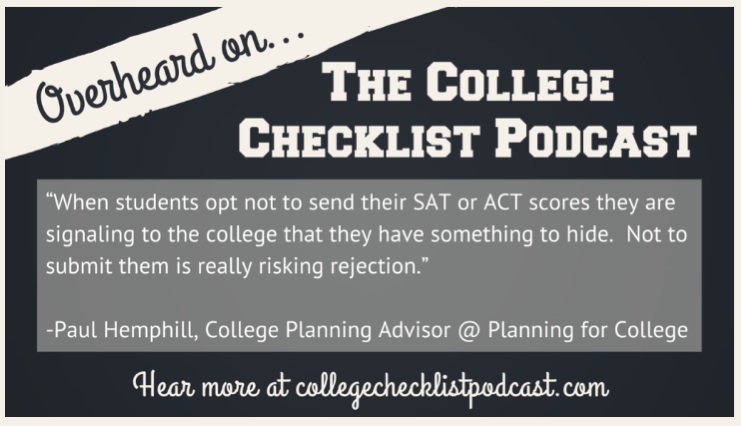
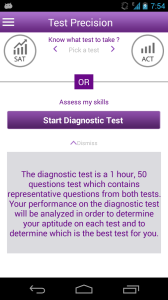
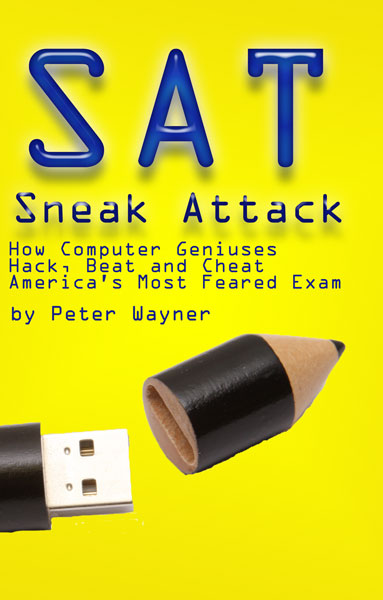
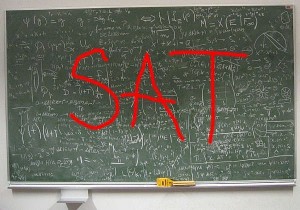
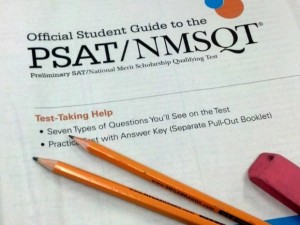 Of all the standardized tests on the market today, few are less understood than the PSAT. Almost every client who comes my way has the
Of all the standardized tests on the market today, few are less understood than the PSAT. Almost every client who comes my way has the